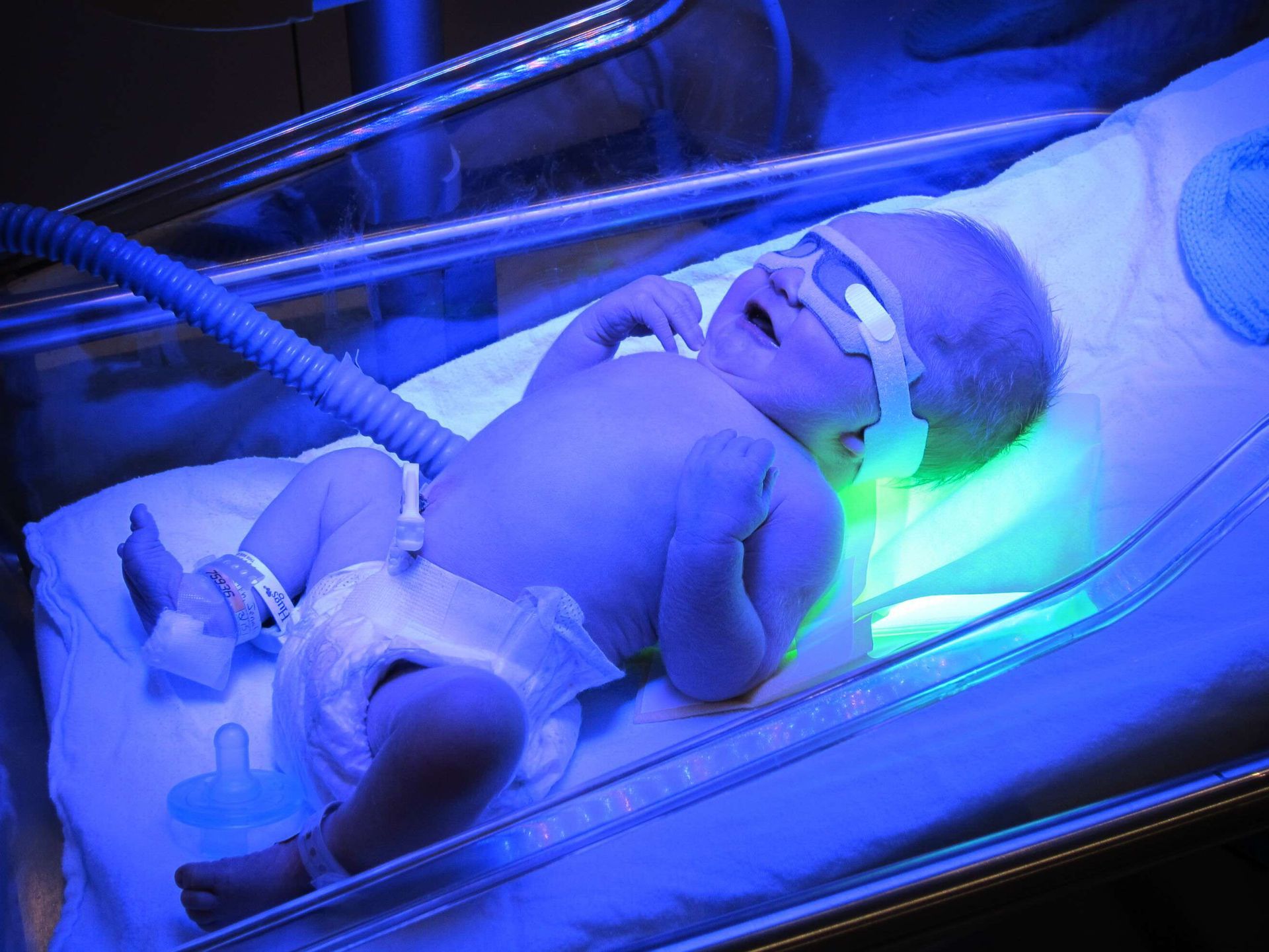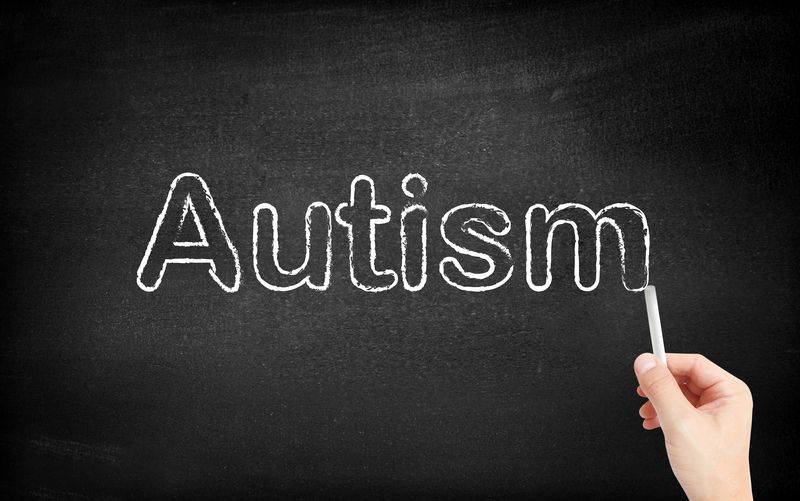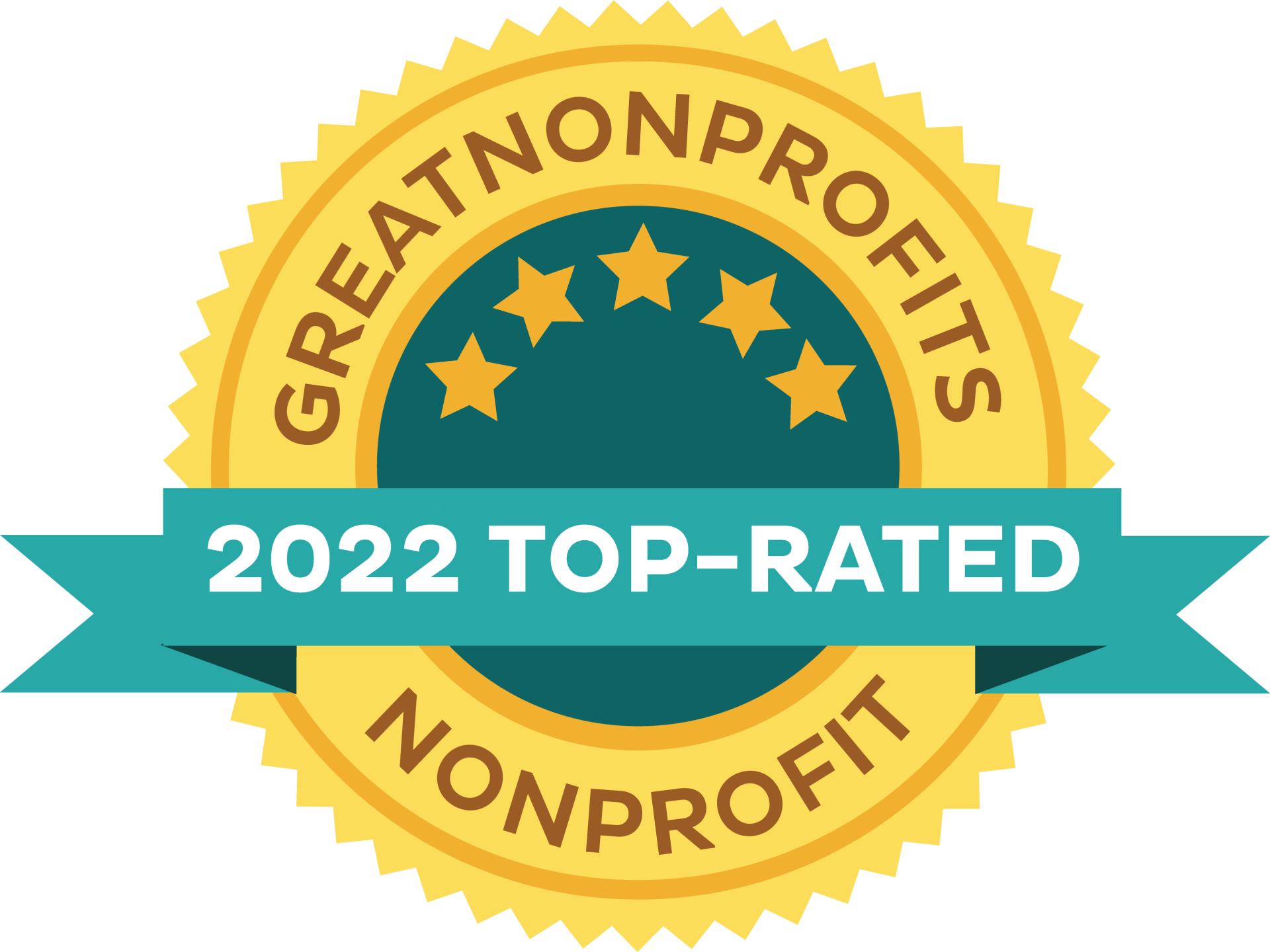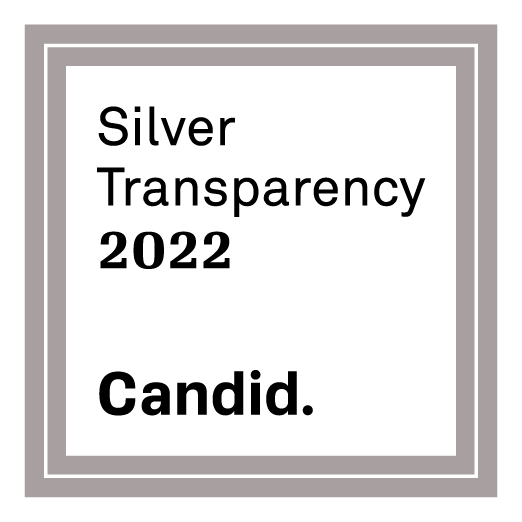POLICY FOR LOGO USE
The trademarks, logos, and service marks (“Marks”) displayed on this website, and related websites belonging to CSNK2A1 Foundation, including the CSNK2A1 Foundation logo, among others, are trademarks of CSNK2A1 Foundation are the property of CSNK2A1 Foundation, and are protected.
Their uses are restricted to those programs and events sponsored by CSNK2A1 Foundation, and CSNK2A1 Foundation trademarks may not be used for personal financial gain. Use of the Marks is prohibited without the express written consent of CSNK2A1 Foundation. Nothing contained on this site should be construed as granting, by implication, estoppel, or otherwise, any license or right to use the Marks without the express written consent of CSNK2A1 Foundation.
At times, CSNK2A1 Foundation may grant limited-use licensing agreements to those individuals or groups who wish to help further the mission of CSNK2A1 Foundation. Solely at the discretion of CSNK2A1 Foundation, limited permission for use of CSNK2A1 Foundation’s Marks may be granted for those projects which provide a substantial benefit to CSNK2A1 Foundation or the Okur-Chung Neurodevelopmental Syndrome (“OCNDS”) community in general. For consideration, please submit, in writing, a letter of intent, which details how the CSNK2A1 Foundation’s Marks will be used, the length of time they will be used, and the benefit of the project to CSNK2A1 Foundation or OCNDS community to
info@csnk2a1foundation.org at least 30 days prior to launch. Letters of intent may also be sent to: CSNK2A1 Foundation, 1929 Van Ness Avenue, San Francisco, CA 94109.
Use of CSNK2A1 Foundation Name & Logo in Family Fundraisers
CSNK2A1 Foundation supports families wishing to promote awareness and understanding of OCNDS within their local communities. CSNK2A1 Foundation will provide educational materials and, in certain instances, store items for fundraisers where 100% of the proceeds benefit the organization. These items along with the CSNK2A1 Foundation logo will not be available for fundraisers with less than 100% benefiting CSNK2A1 Foundation.
To request assistance from CSNK2A1 Foundation for a fundraiser, the event coordinator should submit a request to the President of CSNK2A1 Foundation and provide a description of the event.
The right to use the name “CSNK2A1 Foundation” will not be granted in any contracts unless approved and signed by the CSNK2A1 Foundation Board of Directors.
Families wishing to use the CSNK2A1 Foundation name and/or logo in their event should contact CSNK2A1 Foundation at
info@csnk2a1foundation.org at least 30 days prior to their event with a proposal for intended uses of the name and/or logo.


CSNK2A1 FOUNDATION
We are focused on finding a cure for Okur-Chung Neurodevelopmental Syndrome and ensuring affected individuals have the opportunities and supports necessary for happy and full lives. CSNK2A1 Foundation is operated and funded through a committed team of volunteers, advocates and researchers.
We are a 501(c)(3) non-profit organization. EIN #82-4220939.
© 2023 CSNK2A1 Foundation
1929 Van Ness Avenue
San Francisco, CA 94109
(415) 483-2488
DISCLAIMER
The information provided is not intended to be a substitute for professional medical advice, diagnosis or treatment. Never disregard professional medical advice, or delay in seeking it, because of something you have read on this website. Read more...
SIGN UP FOR OUR NEWSLETTER
Join our email list to stay up to date about OCNDS and the CSNK2A1 Foundation


